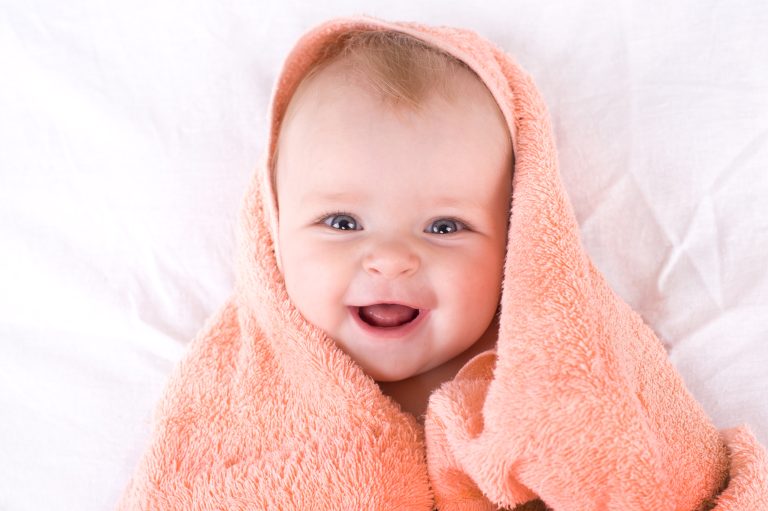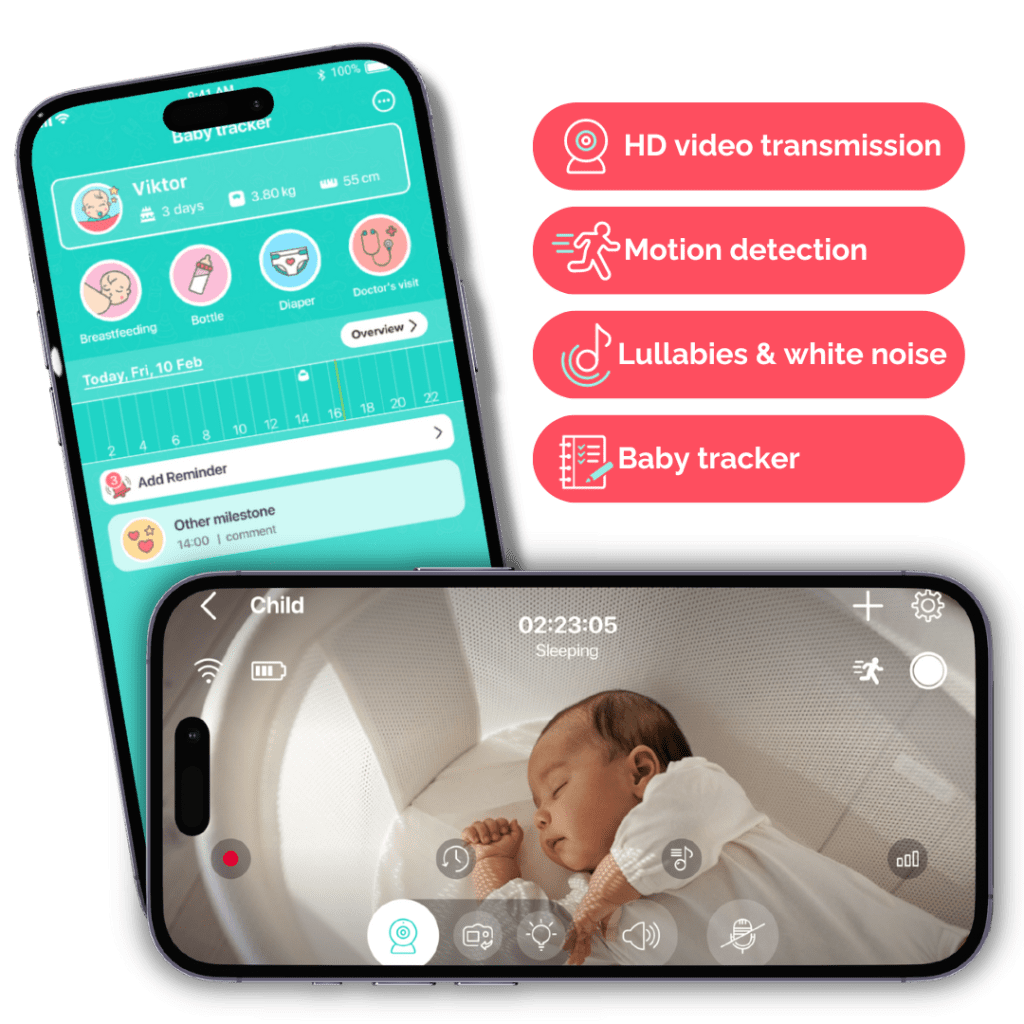
How to Stop and Prevent Baby Hiccups
- Created:
18. 2. 2020 - Updated:
10. 1. 2024
Same as with adult hiccups, babies get their hiccups suddenly and involuntarily. And same as with adults
Newborn hiccups are not usually a cause for concern. Most babies have hiccups in their first year. Many of the likely causes relate to feeding.Baby Hiccups Are Not a Serious Issue
We all know hiccups can be annoying. They appear unexpectedly and leave just as quickly.
Hiccuping is as natural for babies as it is for adults. Experts say it causes even less distress in them.
Hiccups are normal and natural in babies and newborns. They will appear less and less often as the baby gets older.
So stay calm, hiccups do not harm your baby. Be patient and the hiccup will probably go away on its own as quickly as it appeared.
They are usually not a cause for concern. However, if your baby has these hiccups very often, experiences some pain with them, or even starts vomiting, you should consider visiting a doctor.
What Causes Baby Hiccups
You may curious to know what actually causes babies to hiccup.
Scientists don’t actually know what hiccups are, what causes them to start, and what is their purpose.
We only know that they happen reflexively, meaning we cannot control them, just like sneezing.
One of the studies suggests that hiccuping may serve to remove excess air from the stomach.
What we know for sure is that babies start hiccuping when their diaphragm contracts. This forces air out through closed vocal cords, creating the hiccupping sound.
Your baby can get excess air into his or her stomach during feeding. Possible cause may be overfeeding, eating too quickly, and swallowing air.
How to Stop Baby Hiccups
Most of the time the hiccups just go away on their own.
There is no particular need to cure them or chase them away.
Once your baby starts hiccuping the best way you can do is distract them from this annoying occurrence.
Make them laugh, do some silly things with them, so they forget about the hiccuping all together.
You will see, the hiccup will disappear just as quickly as it appeared.
There are, however, some ways you may prevent your baby from getting the hiccup in the first place.
As the majority of hiccups is connected to feeding, you may stop your baby from hiccuping by making your baby burp more frequently or feed more often in lesser quantities.
You can also use a pacifier to relax and distract your baby.
How to Prevent Baby Hiccups
If your baby hiccups quite often, you might want to take some steps that might prevent hiccups in the first place.
Hiccuping is, after all, not really pleasant for anyone.
Keep them calm during feeding
Many babies are excited when it is feeding time. They literally cannot wait and then they start sucking on that nipple or bottle as fast as they can. This can cause them to swallow some air.
Make sure your baby is calm during feeding. Or you can also try feeding them more often in lesser quantities so that your baby doesn’t get overexcited during feeding time.
Burp your baby more often
There will always be some air that gets into your baby’s stomach during eating. That is why you need to burp them after each feeding. If they get hiccups more often than you would like, try burping them more often, even during the feeding. For example, between switching breasts.
Check the feeding bottle
Your feeding bottle may be also the cause of why your baby swallows air. Check the nipple of the bottle, there shouldn’t be any air. If your feeding bottle traps a lot of air, causing your baby to swallow it, try a different design or brand of feeding bottle.
Give them a pacifier
A pacifier relaxes the baby, which is exactly what we want to do during a hiccup. Your baby will concentrate on something else and the hiccup will just disappear.
Final Tip: Annie Baby Monitor – Your Helper to Prevent Baby Health Problems
Are you wondering what to do when your baby’s feeling gassy? The Annie Baby Monitor might just be the solution you’re looking for. It’s got an essential baby tracker feature that’s super helpful.
Not only does the baby tracker feature allow you to monitor your baby’s activity, but it’s also a comprehensive guide that helps you understand and address any health concerns your baby may have.
You can keep a close eye on feeding schedules, track diaper changes, and identify patterns related to specific foods.

With Annie Baby Monitor, the baby tracker feature, you can take charge of feeding and diapering routines and address any potential issues. So, why worry when you have Annie Baby Monitor to help you out!
Conclusion
The bottom line is, hiccups are completely natural in newborn and infant babies. They usually occur when there is excess air in the baby’s stomach. This can happen during feeding. So make sure to burp your baby properly.
Other than that, you can stay calm as in most cases the hiccup just goes away on its own.
One last tip: Take note of when your baby’s hiccups are occurring. You may notice your baby get the hiccup right after feeding or if you lay him on his back. If you notice these patterns, try not laying them in that position or make sure to burp them even more often.






